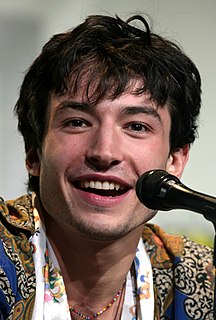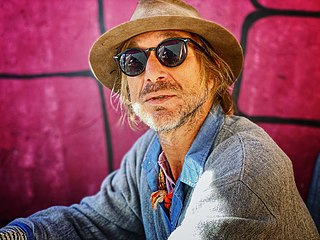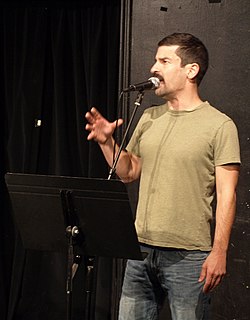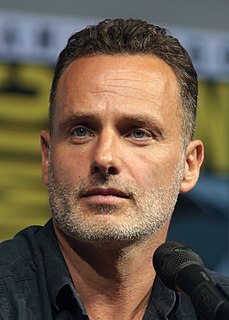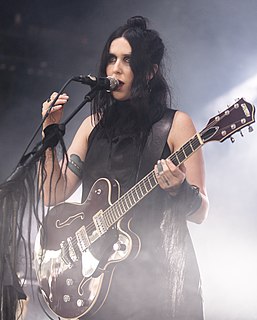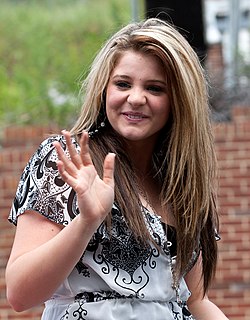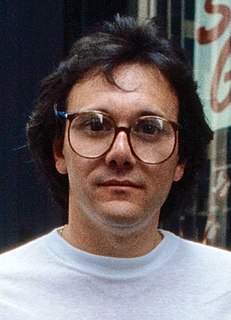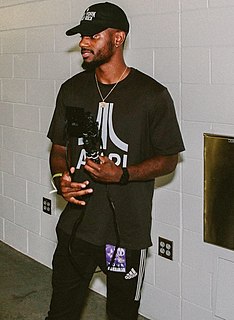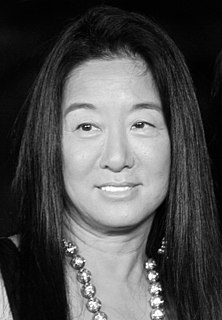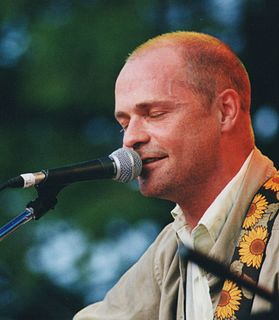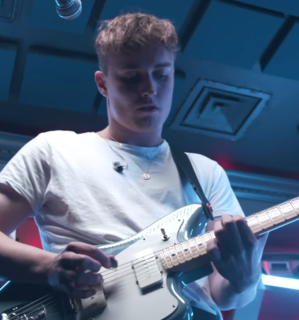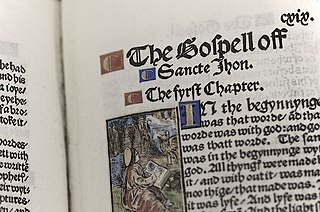A Quote by Ornette Coleman
I remember once, we got an interview, and he said, 'Dad, these people are writing about me like I'm an adult. Don't they know I'm a kid?' I have never tried to encourage him to get a music image like other musicians have.
Related Quotes
I remember my mother would get upset with me 'cause she said I walked like my dad. But I think it was more like, there's something about you that's not quite ladylike and femme. And then when I got older - once I came out, my mom and grandma were horrified and just kind of like, where did we go wrong?
Well, my dad was into music, but he wasn't into me being into music. In my house when I was a kid, when I was real young, my dad wanted us all to play sports, and we were jock-like. We had a lot of money. And my brother was sort of the light of our family, and he was a good athlete. And I wasn't a very good athlete, but I tried to be. And then when I was 15 my dad went bankrupt, and we moved to Houston. And I went with him, but then I went back to Portland.
I love acting. I just love it. It's in my bones. I remember when I was a kid, I watched an interview with Dennis Hopper talking about Jimmy Dean on the set of Rebel Without A Cause. Jimmy said to him, "If you've got to cry in a scene, you've got to cry. Make it real." And that's all that I believe in.
I started over again with an image: Nothing goes right. Then when The Godfather came out, all I heard was, Show respect. With me, you show respect. So I changed the image to I don't get no respect. I tried it out in Greenwich Village. I remember the first joke I told: Even as a kid, I'd play hide and seek and the other kids wouldn't even look for me. The people laughed. After the show, they started saying to me, Me, too - I don't get no respect. I figured, let's try it again.
I used to get tons of letters that said, "I'll never get to wear you," or "I'll never get married in one of your dresses," or "I'll never have an evening gown like the one I saw on the red carpet." I thought that was sad, because you give your life to this and you end up reaching very few people. So that was a major goal for me - to be able to reach and encourage more women, to encourage them to express themselves and be what they want to be.


